
In 1950 just 30% of best-selling novels had female names on the cover. Today, that figure is almost 50%. So to celebrate how far women writers have come, we decided to look at some of the best pieces of writing advice from female authors. Who knows, it could even inspire that last push toward equitable outcomes in contemporary fiction. These five women authors were featured in a recent article by Ivory Research that looked at 15 lessons from successful writers.
Joyce Carol Oates, the author of over 50 novels, emphasized the importance of readability. She believed breaking down a text into more digestible pieces is one of the best ways to keep a reader engaged.
Author Janet Fitch echoed a similar sentiment. She advises new writers to cut out all the fat from their sentences, making them easier to read. In other words, Fitch believes less is more, especially if you’ve got a tendency to write verb heavy metaphors. “Pick a better verb,” says Fitch. “Most people use twenty verbs to describe everything from a run in their stocking to the explosion of an A-bomb.” Fitch certainly knows what she’s talking about. Her 1999 best-selling novel White Oleander was selected as part of Oprah Winfrey’s book club. And Fitch is currently a faculty member in the Master of Professional Writing Program at the University of Southern California, where she teaches creative writing.
There’s something mysterious about the creative process. But don’t sit around and wait for the muses to drop some inspiration from the heavens. Because in reality, the eureka moments are the exception, not the rule. Instead, the best authors treat writing like any other profession. So sometimes, you’ve just got to grind it out. “The amateurs sit and wait for inspiration,” says horror master Stephen King. “The rest of us get up and go to work.”
That’s what Octavia E. Butler did. The hugely successful American science fiction writer produced over 20 novels during an award-winning career. And one of the biggest secrets to her success was routine. “First of all, forget inspiration,” said Butler. “Habit is more dependable. Habit will sustain you whether you’re inspired or not. Habit will help you finish and polish your stories.”
Toni Morrison has a long list of awards to her name, including the National Book Critics Circle Award, a Pulitzer, and even a Nobel Peace Prize. But for every one of her ground-breaking novels, there are dozens of abandoned projects, half-finished manuscripts, and outright failures. So don’t worry if you’re not getting it right this time. Forget it, and move onto something new. Rewrites and edits are essential to the creative process, but revisions that don’t go anywhere are a major productivity killer. “There’s a line between revision and fretting, just working it to death. It is important to know when you are fretting it; when you are fretting it because it is not working, it needs to be scrapped,” says Morrison.
Polish poet Wisława Szymborska offered the same advice to thousands of aspiring bards during her illustrious career: learn how to walk before you can run and save the really big words for the ideas that deserve them. “The ceaseless need to prove you’re a poet in every line is an anxiety that besets every budding bard,” wrote Szymborska. “So take off the wings and try writing on foot.”
Here’s a closer look at how these inspiring female authors produced great and lasting works of literature. And you’ll see how to incorporate their advice into your own writings.












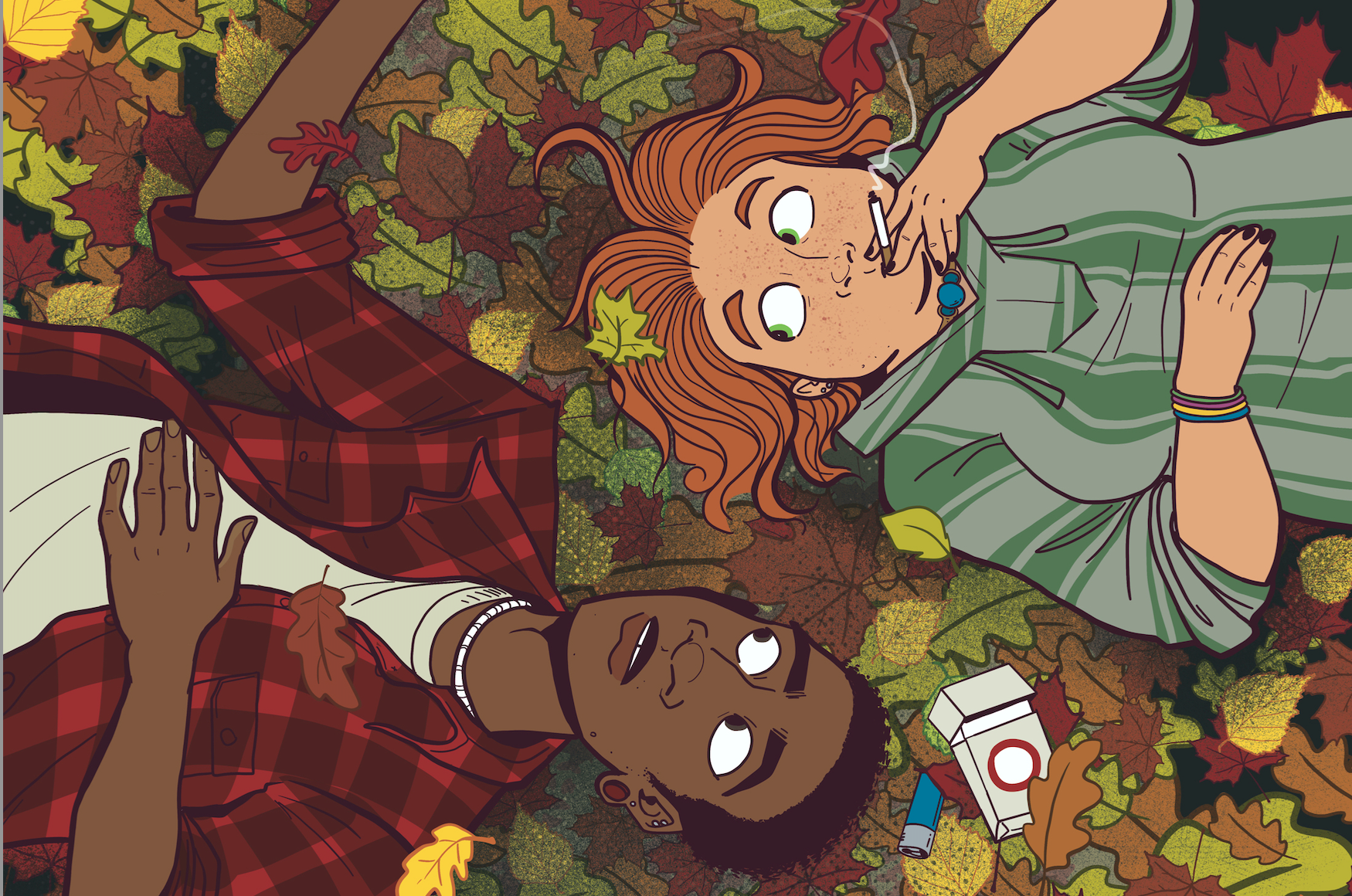

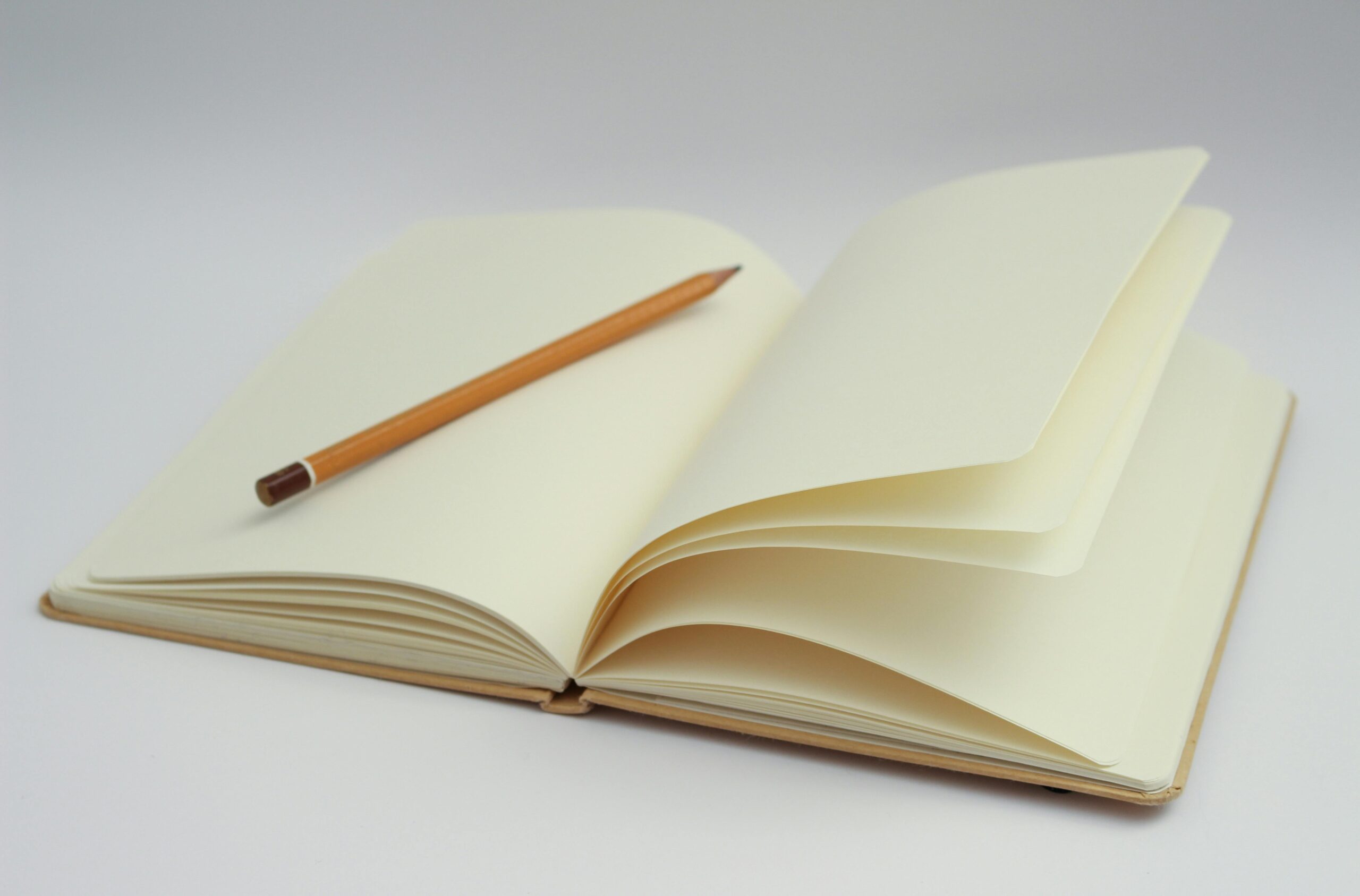
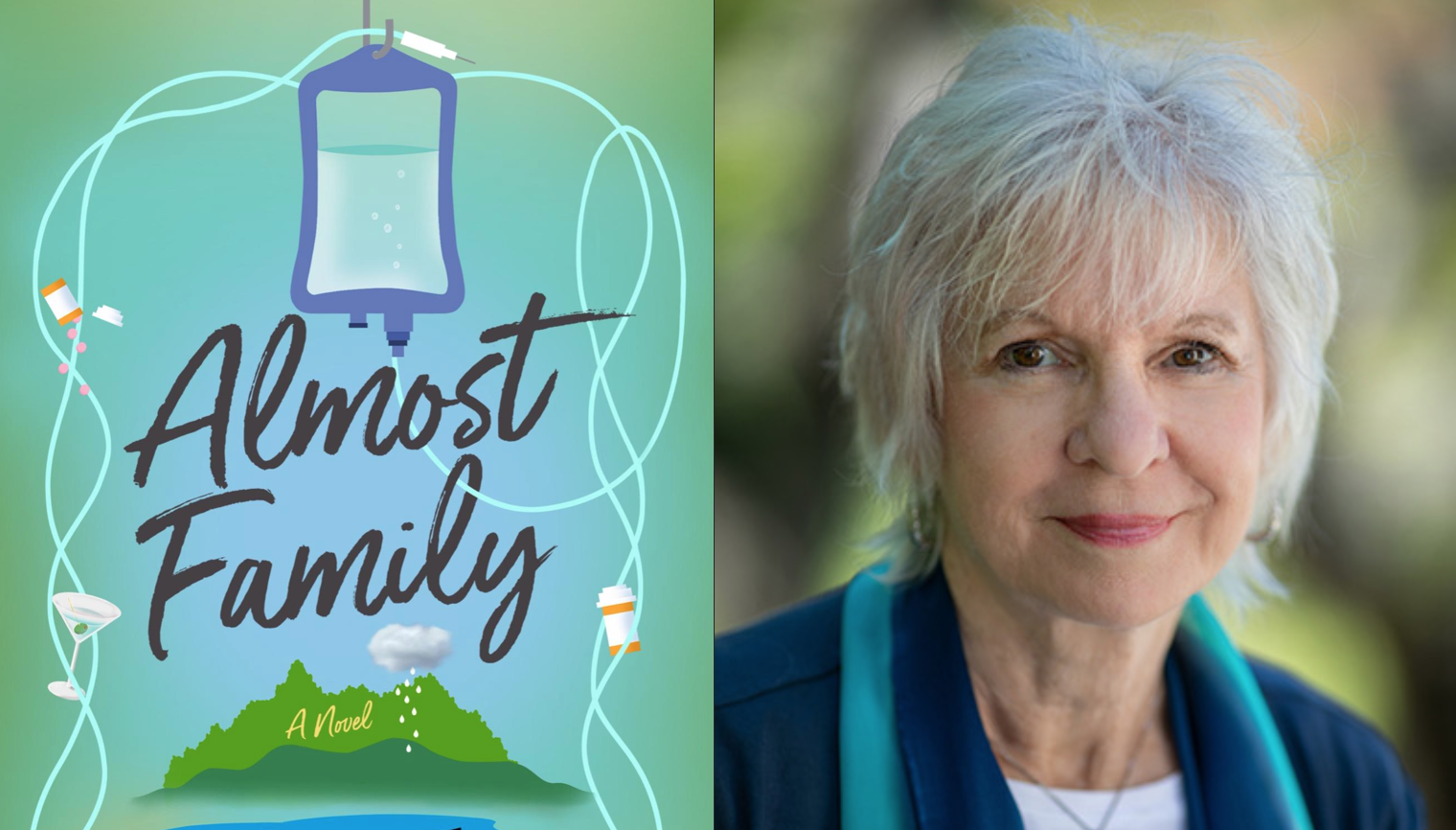
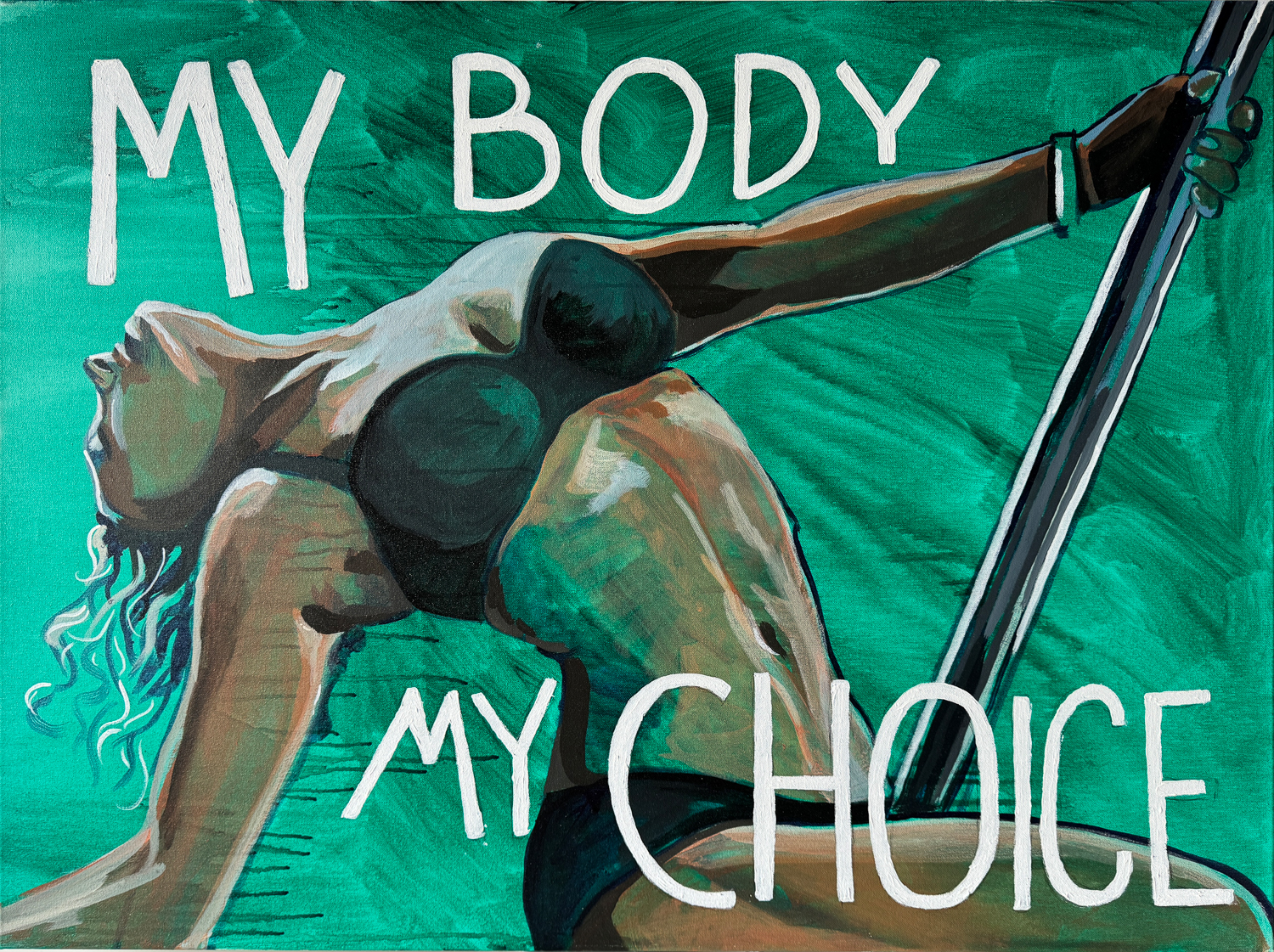
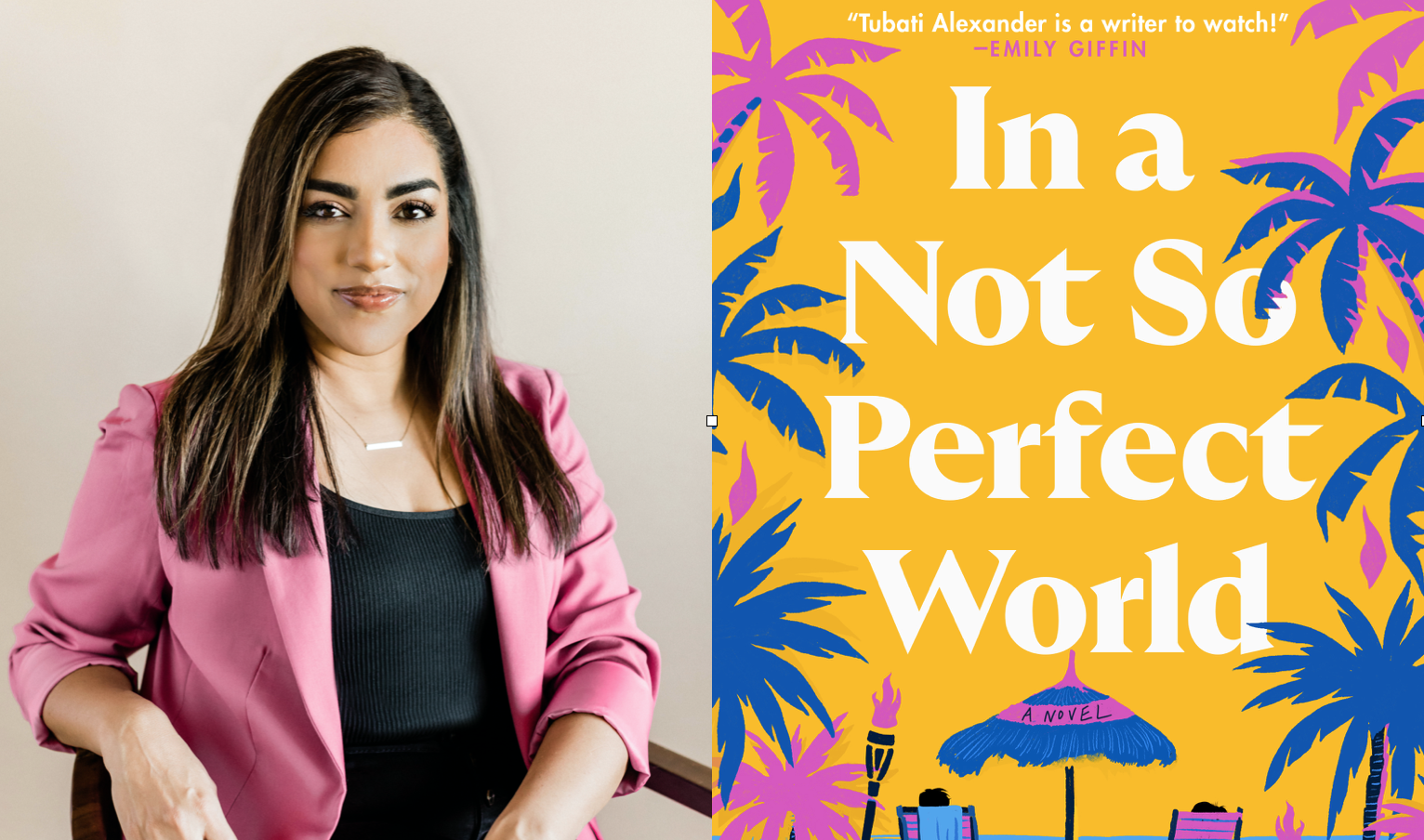
One thought on “Writing A Book? Start With Some Advice From 5 Of The Best Female Authors”
Comments are closed.